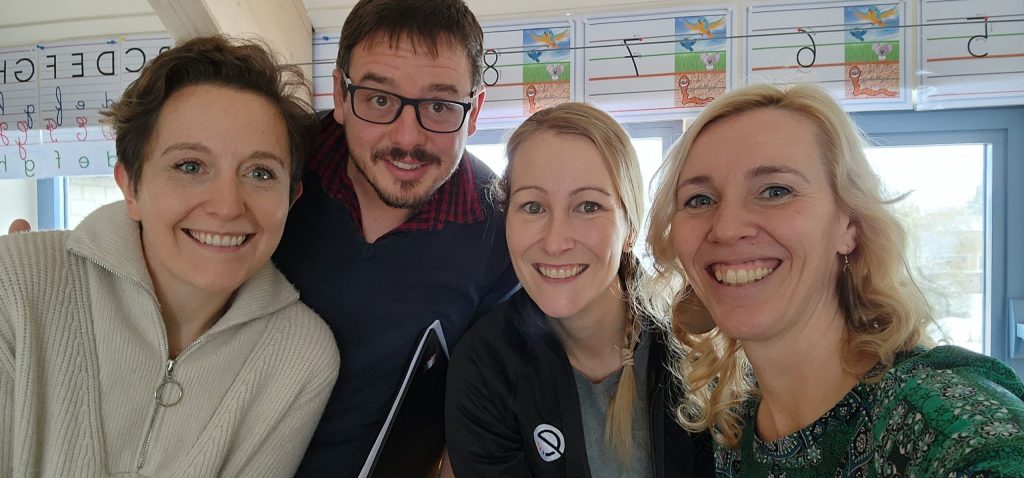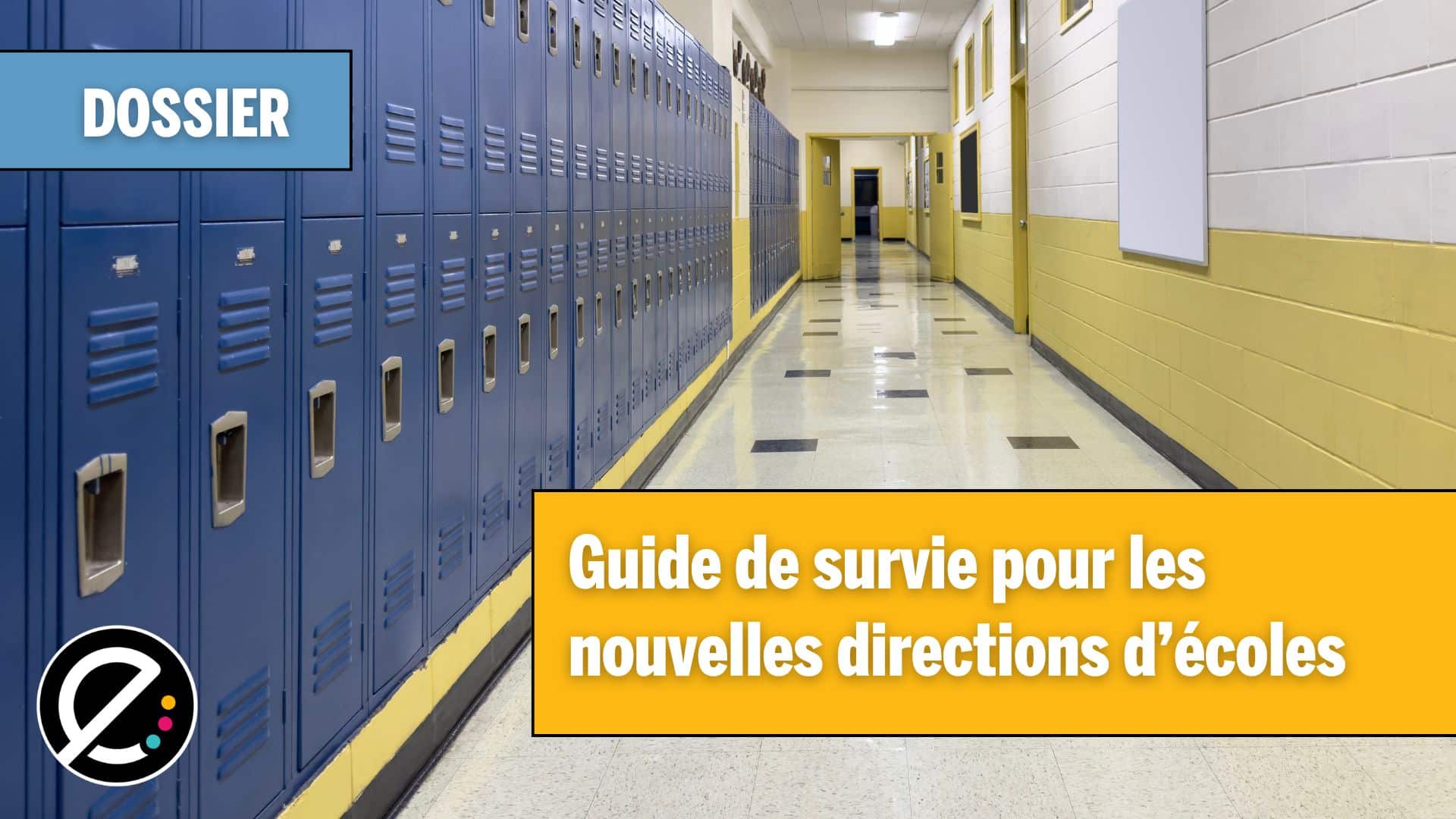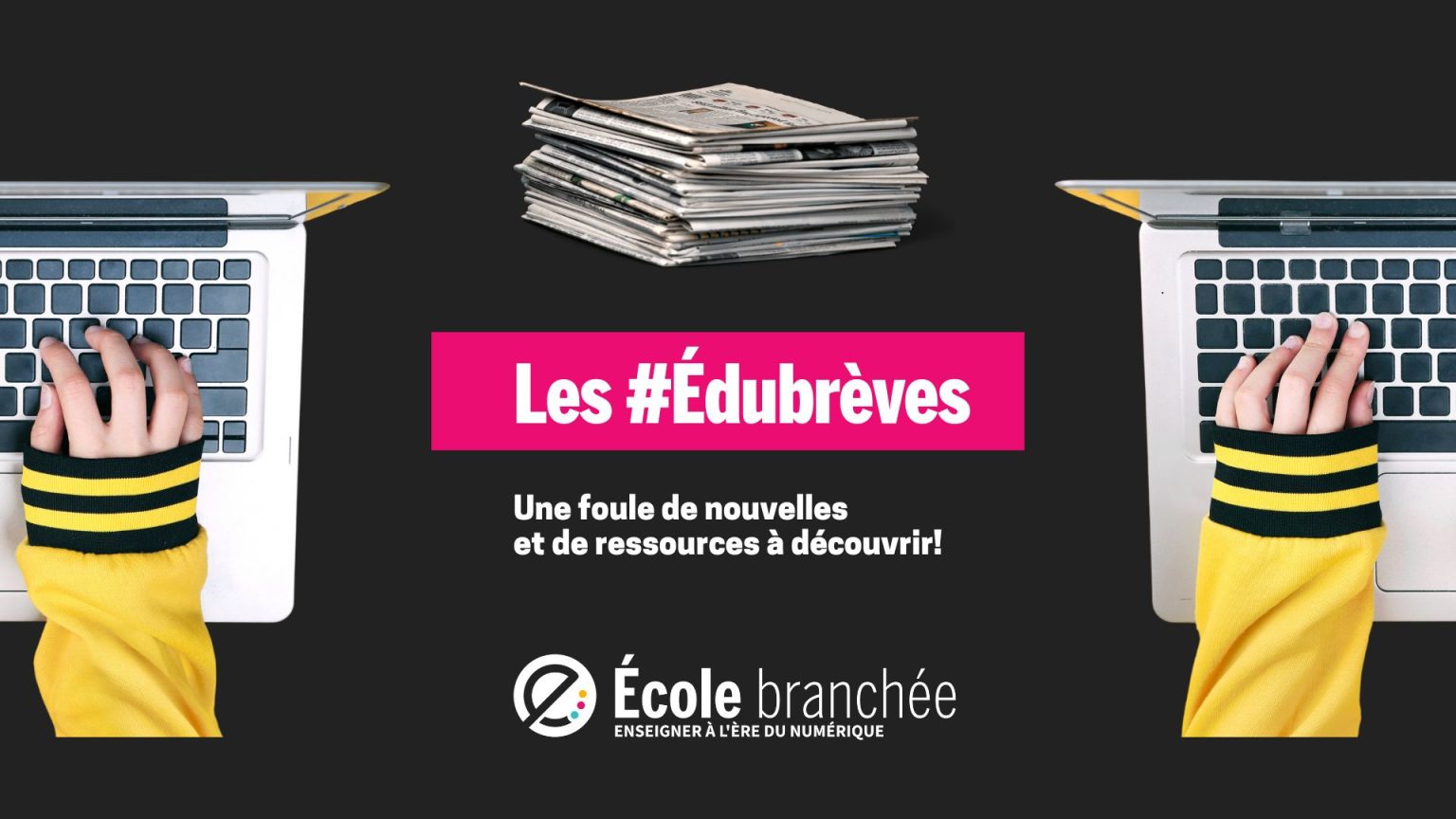Une partie de notre équipe a eu l’occasion de vivre une mission pédagogique en Belgique à la fin janvier 2023, au cœur de la Wallonie (la région francophone), pour y développer des liens avec différents intervenants et intervenantes de l’éducation, dont l’équipe de l’eduLAB. À cette occasion, quelques articles permettront de partager avec nos lecteurs des souvenirs des moments-clés.
Nous avons déjà eu l’occasion de vous parler de l’école communale de Borlon dans un article intitulé Redéfinir la pédagogie pour sauver une petite école : l’histoire de l’école de Borlon. Cette fois, nous avons eu la chance de nous y rendre pour constater l’atmosphère qui y règne.
Une cinquantaine d’élèves de 2 ans à la 6e année du primaire se côtoient dans le petit bâtiment qui fut jadis presque désert, mais qui maintenant déborde un peu! Ils sont répartis en 3 classes et travaillent bien souvent en projet multiâge. La preuve, lors de notre passage, ils nous ont offert, en groupes de trois – petits et grands -, une présentation d’une vingtaine de raisons pour lesquelles ils peuvent être des superhéros dans cet établissement, en plus de nous remettre des dessins qu’ils avaient réalisés pour nous.
Voici quelques exemples de ces raisons pour lesquelles ils se sentent comme des superhéros :
- Le fait d’avoir des élèves tuteurs plus grands jumelés avec les plus petits.
- La disponibilité des tablettes iPad pour ceux qui ont des difficultés, mais aussi pour mieux apprendre.
- La possibilité de faire des cabanes dans le bois.
- L’apprentissage du jeu d’échecs.
- Le portfolio sans notes, dans lequel ils collectent leurs « fiertés », qui remplace le bulletin et qui est présenté par les élèves eux-mêmes lors des rencontres de parents.
- Faire l’école à l’extérieur, lorsque possible.
- Les conseils de classe qui permettent de partager des fiertés envers les autres élèves ou pour soi-même et de proposer des projets.
- La ruche et les soins des abeilles qui produisent du miel.
- La lecture chaque jour, moment pendant lequel les grands peuvent faire la lecture aux plus jeunes.
- Les projets réalisés avec Minecraft.
- Etc.
Parmi ces raisons, choisies par les équipes – « et il a fallu les limiter à 20, car ils en avaient identifié vraiment beaucoup! », de préciser un de leurs instituteurs – on note des éléments liés à la pédagogie et à l’environnement, mais aussi au sentiment d’inclusion qui y règne. À cet effet, une fillette nous a expliqué, avant d’enfouir sa tête dans le creux d’épaule de son enseignante, visiblement émue, qu’elle avait été intimidée et malheureuse dans d’autres établissements avant d’arriver à Borlon cette année, et qu’elle s’y sent maintenant vraiment bien.
Le bien-être des jeunes avant tout
Cette attention portée au bien-être des jeunes, on peut dire qu’elle transparaît chez tous les membres du personnel de l’école, à commencer par Jonathan Ponsard. Il s’est en effet donné la mission de redorer le blason de cette école qui a déjà été menacée de fermeture par manque d’élèves.
Aujourd’hui, il y intègre une vision alternative basée sur « la pédagogie positive, les intelligences multiples, le jeu d’échecs, la pédagogie vidéoludique et l’intégration du numérique dans les apprentissages avec comme finalité de développer le plaisir d’apprendre ». Bien sûr, il lui faut former les nouveaux collègues, mais en général, les résultats justifient les efforts supplémentaires pour s’adapter à ces façons de faire qui sont loin d’être habituelles en Belgique. D’ailleurs, c’est avec le désir de partager son expérience avec d’autres enseignantes et enseignants qu’il a mis en place au sein de l’organisme TechnofuturTIC, un espace de formation, de partage et d’expérimentation pédagogique et numérique appelé l’eduLAB, avec lequel l’École branchée a le plaisir de collaborer et dont nous aurons l’occasion de vous parler prochainement.
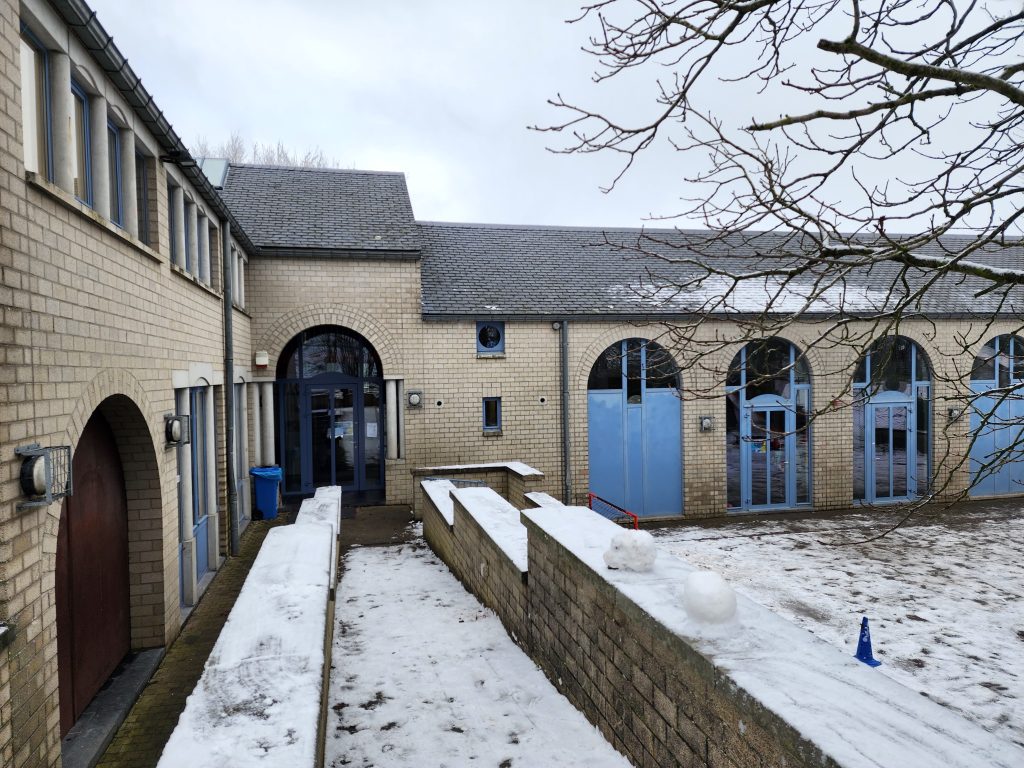
L’école communale de Borlon.
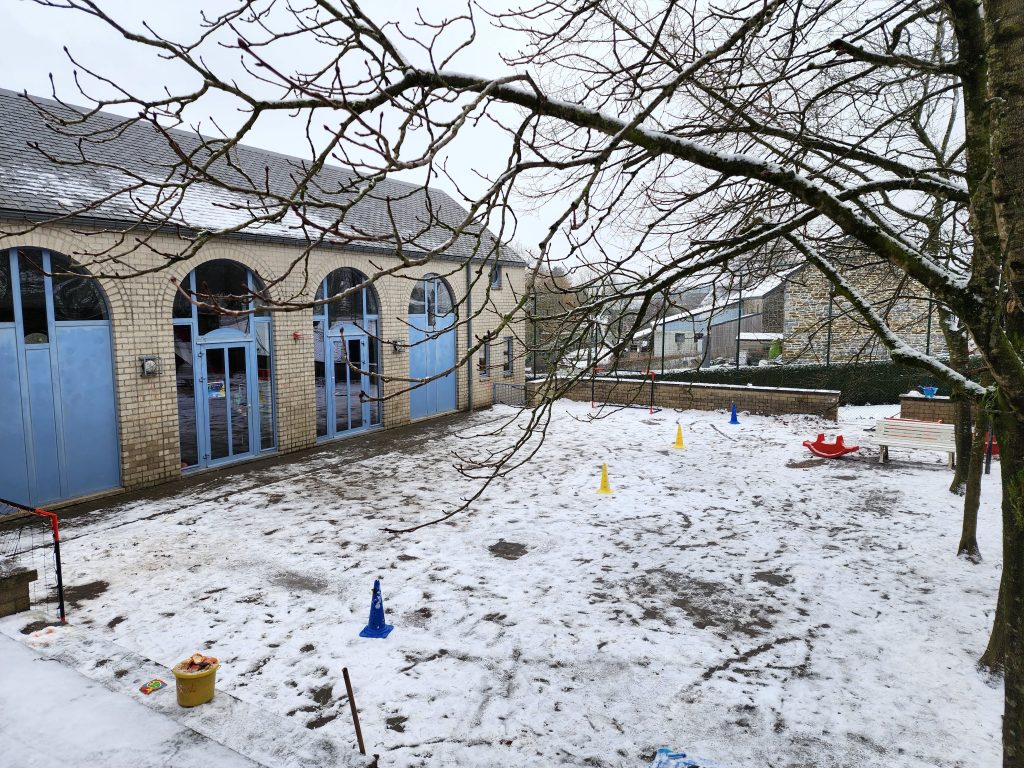
La cour d’école.
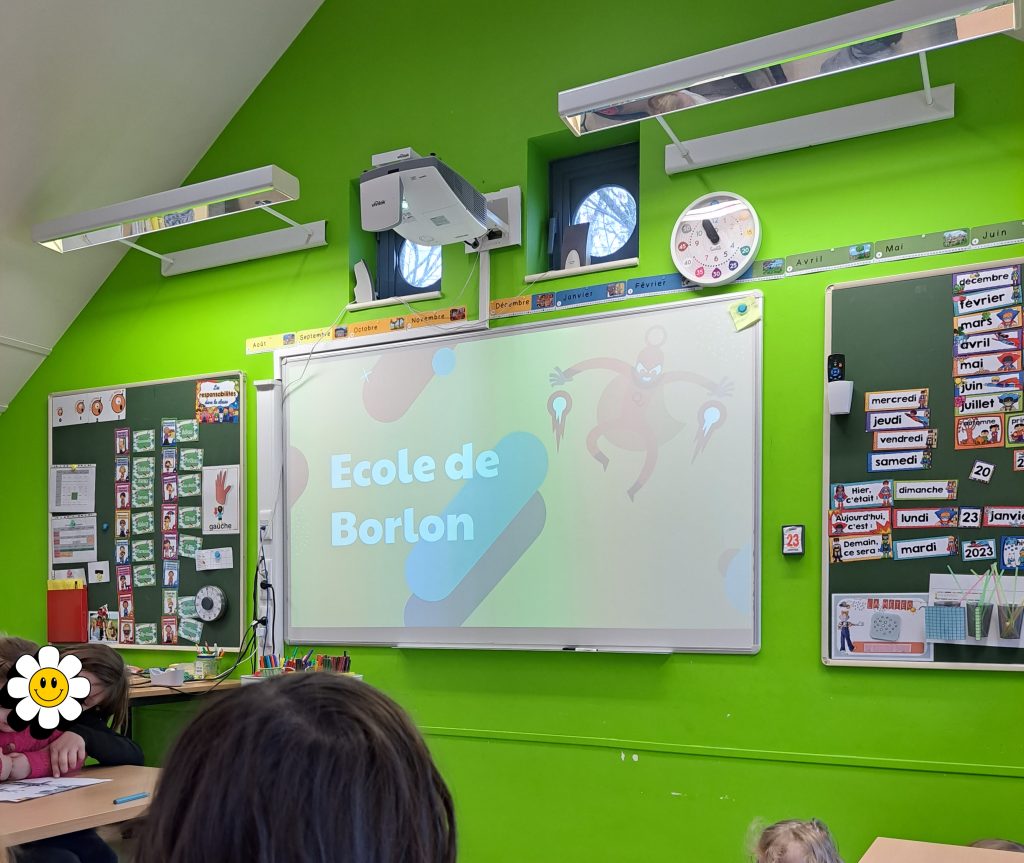
Dans l’une des classes de l’école.
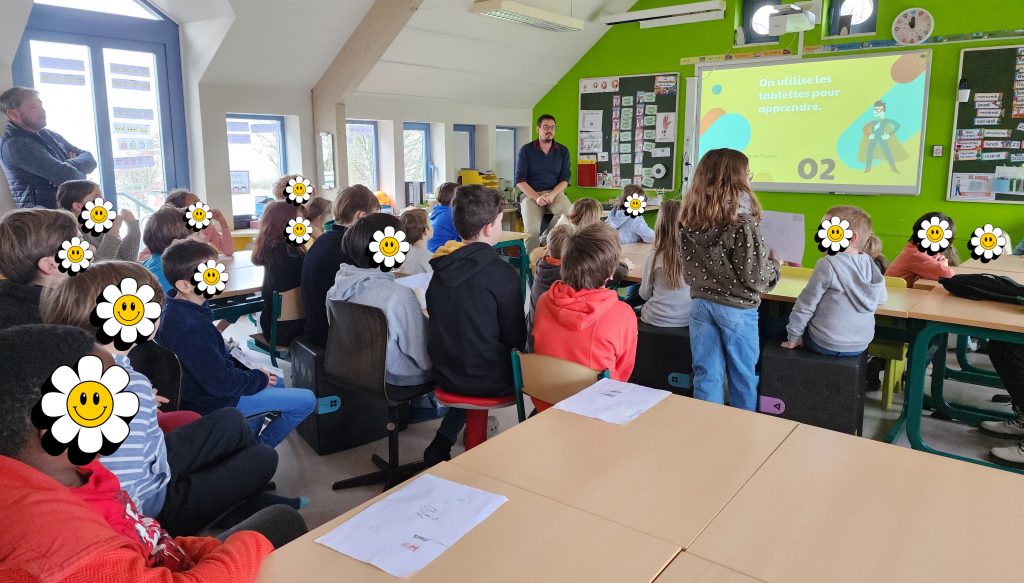
Jonathan Ponsard et des élèves de l’école.
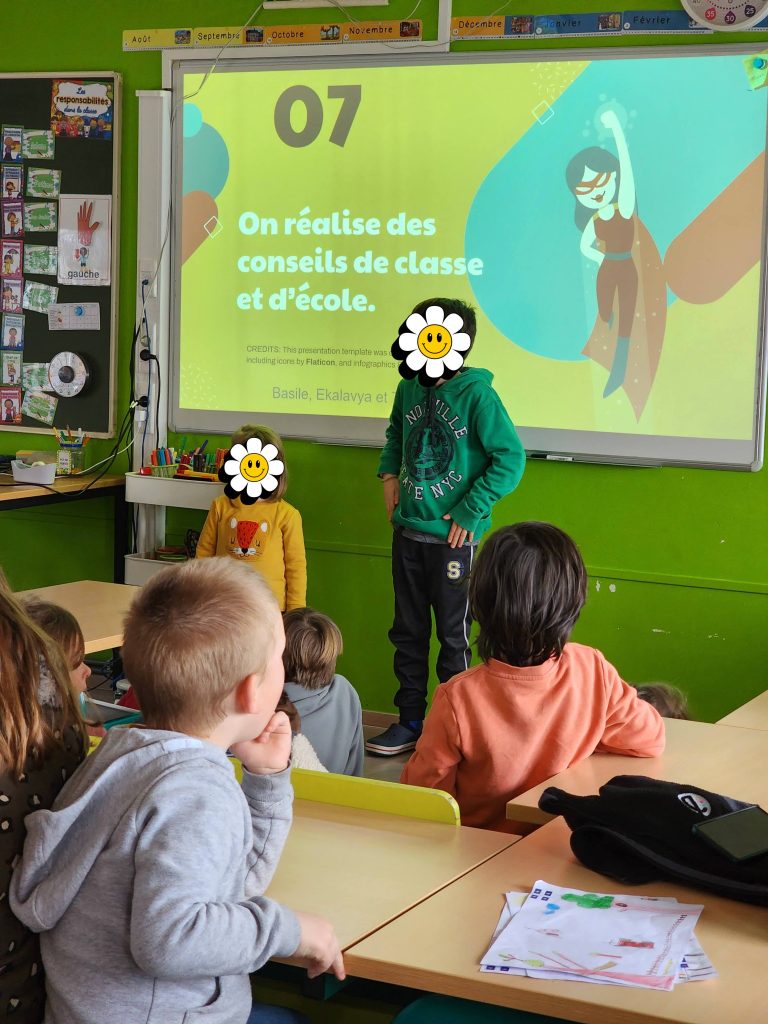
Les superhéros de l’école de Borlon tiennent notamment des conseils de classe qui les rendent très fiers.
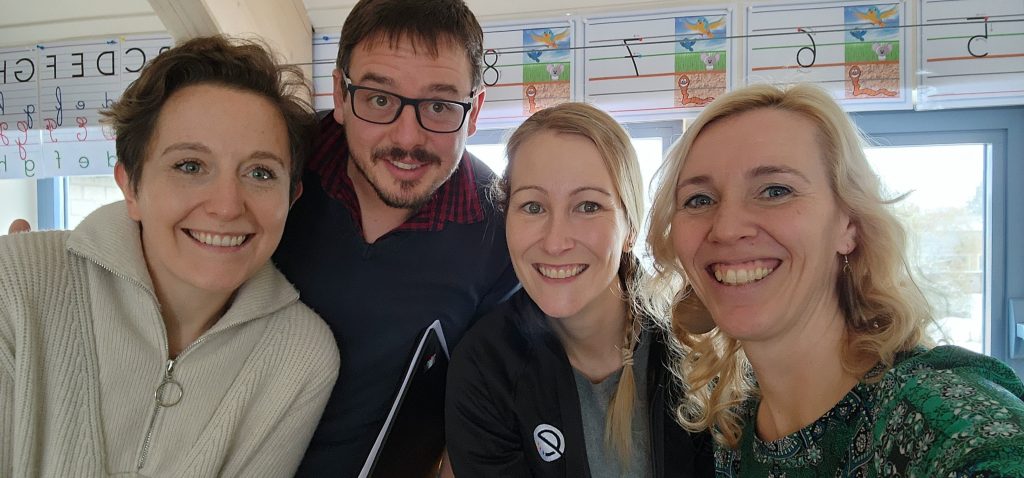
Audrey Miller et Stéphanie Dionne, de l’École branchée, sont en compagnie de Cassiopée Henaff de l’EduLAB et de l’enseignant Jonathan Ponsard, également coordonnateur de l’EduLAB.
Cette mission a été rendue possible grâce à la collaboration du Ministère des Relations internationales et de la Francophonie du Québec dans le cadre du 12e appel à projets Québec – Wallonie-Bruxelles.



